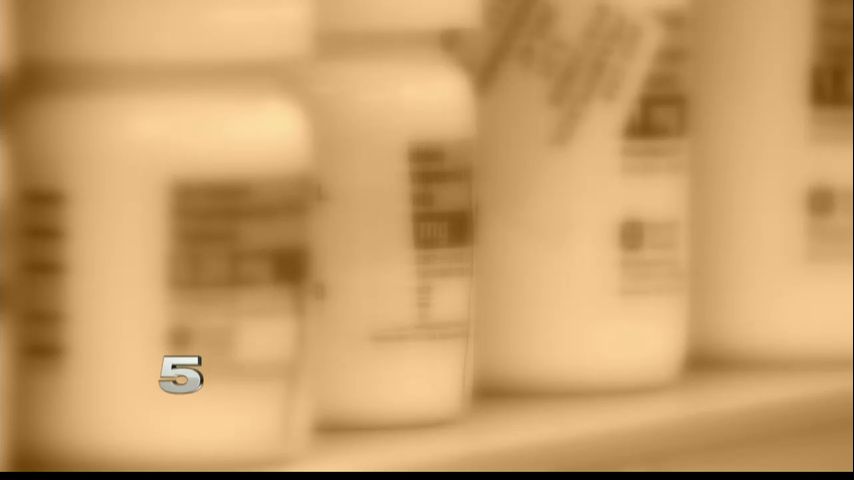Drugs touted for unproven coronavirus benefits depleting in US and Mexico
NUEVO PROGRESO, Tamaulipas – Drugs touted for their use in treating the coronavirus but lacking clinical studies proving their benefit are in short supply around the country and across the border. Border communities like Nuevo Progreso, Tamaulipas whose economies are propped up by medical tourism could now see their proximity to the U.S. border as a disadvantage.
Coronavirus concerns are prompting the public to search for answers in the pharmacy – answers the Federal Drug Administration, FDA, doesn't have. According to the FDA website's COVID-19 Frequently Asked Questions it states, "At this time, there are no FDA-approved drug products to treat COVID-19. The FDA is working with drug manufacturers and investigational new drug sponsors to expedite the development and availability of COVID-19 treatments."
It hasn't been enough to dissuade purchases, specifically two drugs explain local pulmonary and critical care physician Dr. Mario Gomez.
"Chloroquine and that one is particularly used for treatment of some infections like malaria and amoebiasis. Hydroxychloroquine, in the U.S. it's primarily used for people with rheumatological conditions such as rheumatoid arthritis and lupus erythematosus," said Dr. Gomez.
People, desperate for treatment that hasn't been prove effective, are ingesting even similar-sounding products. A couple in Arizona took chloroquine phosphate, a product used to clean fish tanks. The man died.
Hydroxychloroquine and Chloroquine are being restricted in their sale. Banner Health, a nonprofit healthcare provider, sent a strong message to pharmacies following the Arizona couple's misstep. “We are strongly urging the medical community to not prescribe this medication to any non-hospitalized patients,” said Dr. Daniel Brooks, Banner Poison and Drug Information Center medical director, in a March 23 press release.
Stores in Texas are similarly keeping an eye on availability of these two drugs. In a statement from Linda Tovar, H-E-B Senior Manager, Public Affairs, they state:
“We are following all guidance from the State Board of Pharmacy and appreciate their emergency work in helping our pharmacies better address this crisis. We are working feverishly to insure our in-stock positions in pharmacies and at this time we are not experiencing any shortages but that could change quickly. Our pharmacies stand ready to assist the public in this time of crisis.”
Across the border supplies are dwindling. Dr. Tofic Salus Salem, president of a Tamaulipas pharmacy union, said, "The pharmacies along the border effectively saw shortages in these two products as a consequence to the speculation that exists and the possibility that it can have some kind of effect over the illness."
There is a legitimate use for these medications. Increase demand by people who don't depend on it for chronic pain management is hurting those who do. Dr. Gomez says they're trying to ensure patients depending on these prescribed drugs are receiving them. "There are several patients already who are on those medications and there was a race for supplying medications toward those patients," said Dr. Gomez.
Even crossing the international bridge looking for these drugs or in search of medical services is exposing another community ot a problem growing rapidly along the border. "Specifically in [Nuevo] Progreso, it's a place a lot of north Americans visit for medical consults. They cross looking for a place where they can get tested or checked out to see if they're sick or not. What this is doing is inadvertently disseminating the illness," said Dr. Tofic Salum Sares.
The U.S. and Mexico are asking the public to stay home, wash their hands, and consider their health and others.




